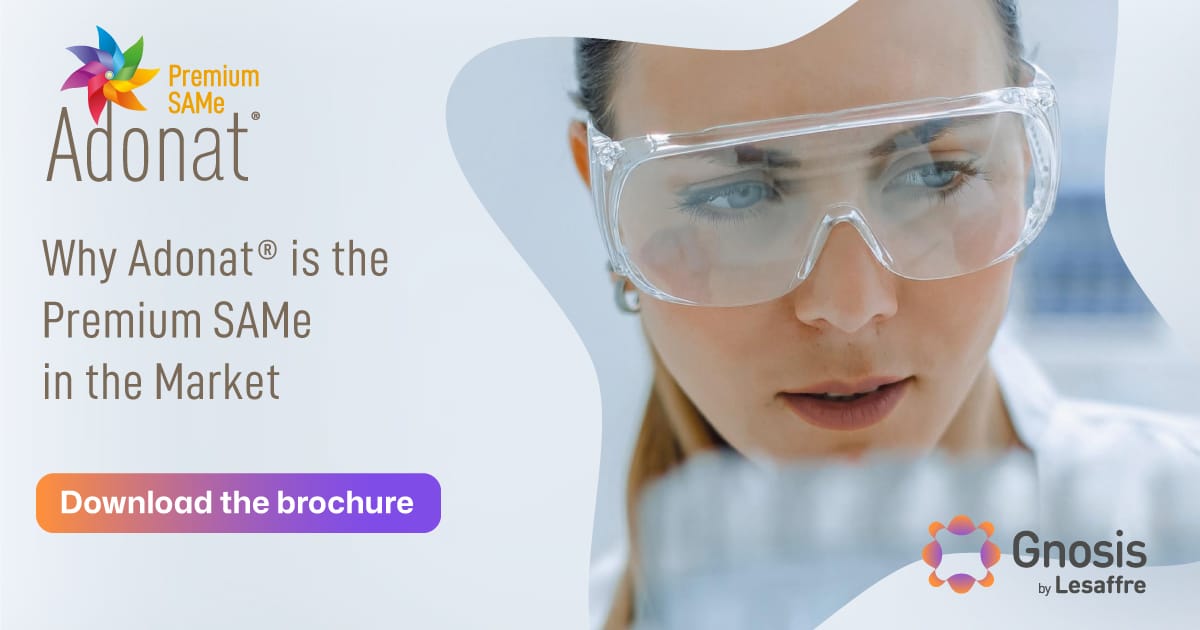Researchers conclude that high intake of menaquinones (vitamin K2) was significantly associated with a reduced risk of peripheral arterial disease (PAD).
Vitamin K2 And Heart Health
Atherosclerosis has published a new long-term study[1] that explores if there is a relationship between intake of phylloquinone and menaquinones (vitamins K1 and K2, respectively) and risk of peripheral arterial disease (PAD). The results showed that high intake of menaquinones (vitamin K2) was associated with a reduced risk of PAD (at least in hypertensive participants), while high intake of phylloquinone (vitamin K1) was not associated with a reduced risk of PAD. PAD is similar to coronary artery disease (CAD) in that respect that both are caused by atherosclerosis that narrows and blocks arteries in various critical regions of the body.
“Like the Rotterdam Study (2004) and Prospect-EPIC Study (2009), the cardiovascular benefits of K vitamins are only recognized with vitamin K2, not vitamin K1,” says Hogne Vik, chief medical officer with ex-NattoPharma, world leader in vitamin K2 R&D and exclusive global supplier of MenaQ7® Vitamin K2 as MK-7. “This is important because there is a misconception that daily recommended intake (RDI) of the vitamin K1 is sufficient to protect the arteries for developing arterial diseases. This is not the case, since vitamin K1 is only documented and recognized to meet our needs for coagulation. It is, however, vitamin K2, the menaquinones, that are responsible for the cardiovascular benefits, and not vitamin K1.”
A low vitamin K status, as indicated by high dephosphoundercarboxylated MGP (duc-MGP) levels, has been associated with an increased risk of PAD among type 2 diabetes patients in previous research. To explore a possible clinical applicability for the relationship between low vitamin K status and PAD, the authors aimed to investigate the relationship between dietary intake of phylloquinone and menaquinones and risks of PAD. Furthermore, they examined this association in a general population and explored effects of modification through cardiovascular risk factors such as sex, hypertension, and diabetes.
Peripheral Arterial Disease And Vitamin K2
The study, “The relationship between vitamin K and peripheral arterial disease,” followed up with 36,629 men and women over 12.1 years. During that time, 489 incident cases of PAD were documented. Menaquinones intake was associated with a reduced risk of PAD with a hazard ratio (HR) of 0.71, 95% CI; 0.53-0.95 for the highest versus lowest quartile.
According to the researchers, a stronger association was observed (p interaction 0.0001) in study participants with hypertension (HRQ4 versus Q1 0.59; 95% CI 0.39-0.87) or diabetes (HRQ4 versus Q1 0.56; 95% CI 0.18-1.91), though confidence intervals were wide in the small (n = 530) diabetes stratum. Phylloquinone intake (vitamin K1) was not associated with PAD risk.
The researchers concluded: “A high intake of menaquinones (vitamin K2) was significantly associated with a reduced risk of PAD, at least in hypertensive participants. A high menaquinone intake may be associated with a reduced risk of PAD in participants with diabetes as well, though no statistically significant results were observed. High phylloquinone intake (vitamin K1) does not seem associated with PAD risk.”
“Based on our three-year interventional study[2], it was shown that adding vitamin K2 to one’s daily intake improves arterial health and flexibility,” Vik adds. “We are excited and thankful to see additional studies confirming this mechanism and encourage the nutritional community to embrace vitamin K2 for its unique and specific benefits.”
References:
1 Vissers LET, Dalmeijer GW, Boer JMA, Verschuren WMM, van der Schouw YT, Beulens JWJ. The relationship between vitamin K and peripheral aterial disease. Atherosclerosis 252 (2016) 15-20. DOI: http://dx.doi.org/10.1016/j.atherosclerosis.2016.07.915
2 Knapen MH et al, Braam LAJL, Drummen NE, Bekers O, Hoeks APG, Vermeer C. Menaquinone-7 supplementation improves arterial stiffness in healthy postmenopausal women: double-blind randomised clinical trial. Thrombosis and Haemostasis. 2015 113 5: 1135-1144. doi: 10.1160/TH14-08-0675.
Discover MenaQ7®
MenaQ7® is the optimal bioavailable 99.8% all-trans vitamin K2 as MK-7, produced in the only European plant manufacturing K2 by natural fermentation under the highest quality standards and sustainability measures.
With 22+ clinical studies, MenaQ7® guarantees innovative products deliver the benefits promised.
Related News
-
All
-
Adonat®
-
Cardio
-
Corporate
-
Digestion & Gut
-
Download
-
Emothion®
-
Extrafolate®-S
-
ibSium®
-
LANDKIND® Pure Salidroside
-
LifeinU® BSCU1
-
LifeinU® L.rhamnosus GG
-
Lynside® Nutritional Yeasts
-
Lynside® Prebiotic Yeast
-
Lynside® S.boulardii
-
MenaQ7®
-
Mobility & Joint
-
Mood & Cognitive
-
MyCondro®
-
News
-
Noochy Crisp™
-
Quatreflora™
-
Quatrefolic®
-
Red Star®
-
Reproduction & Women
-
Science
-
Trends
-
Video
-
Vitamin K2
-
Wellness & Immune















